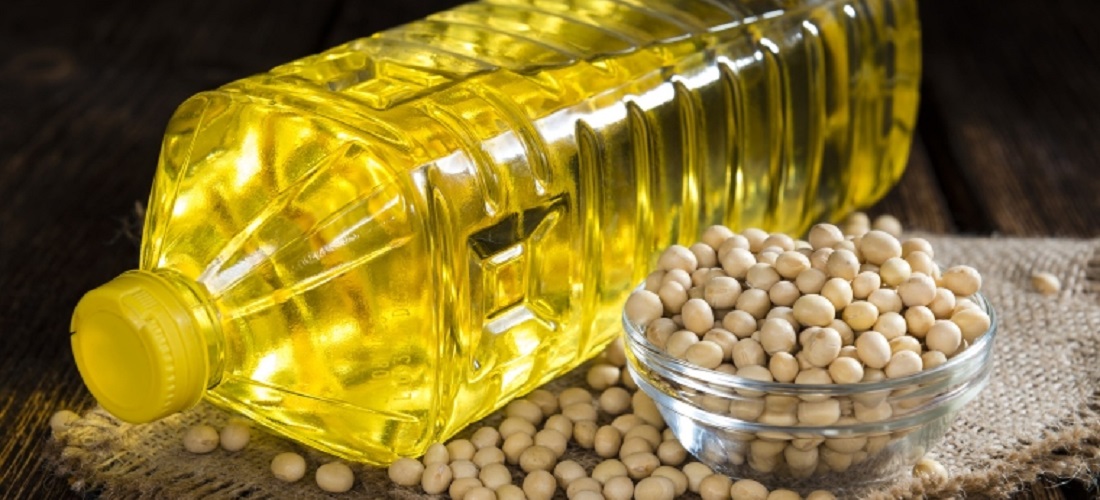
Abiove releases forecast for soybean processing and exports in 2022
Jan, 04, 2022 Posted by Gabriel MalheirosWeek 202201
The soy processing industry in Brazil had a year full of ups and downs. The increase in soy oil sales to India and China was a favorable outcome, while, on the other hand, the government’s decision not to increase the blend of biodiesel to diesel as of this year was a low point.
Notwithstanding, according to André Nassar, president of the Brazilian Association of Vegetable Oil Industries (Abiove, in Portuguese), in 2021, Brazil was home to soybean output “never seen before” resulting from the additional 11 million tons produced compared to the previous season. As a result, a total of 138.3 million tons were harvested, consolidating Brazil as the largest global producer of the oilseed.
“Unfortunately, soy processing has not kept pace with the production growth. Therefore, comparing 2021 to 2020, we saw approximately 3 million additional tons being exported, while soy processing dropped by 300,000/ton, which is a negative aspect”, he analyzed.
As a result, the processing of soybeans, as well as the export of the raw grain, were disrupted, lowering the value of the product.“From a trading point of view, it was interesting, however, it isn’t true from an industry point of view. The most important point is that the lower demand for vegetable oil occurred as a result of the mandated reduction of the biodiesel content in diesel”, said Nassar.
See below a comparison of Brazilian soy exports over the past two years. Data are from DataLiner:
Brazilian Soy Exports (HS 1201) | Jan to Nov 2020-2021 | WTMT
Source: DataLiner (click here to request a demo)
Biodiesel’s impact
Another issue was the government’s decision in November to hold the biodiesel-to-diesel blend at 10% for the entire year of 2022, reversing its prior decision and disappointing market expectations for a 13 percent increase. After all, the vast majority of biodiesel produced now is made from soy oil, and the segment’s compensation came from the export of vegetable oil for food.
“We are going to export 1.6 million tons of oil this year as opposed to the 1.1 million exported in 2020. A portion of the lower volume of consumption of oil used biodiesel was reverted to exports,” he pointed out. Thus, although processing has not increased, this generated a certain volume of oil that should have gone to biodiesel but was not; it ended up destined for exportation.
According to Abiove, Asian countries are buying more soy bran from Brazil than from Europe for the first time. In the 2022 projections, Brazil should register a 5% increase in production, a 9% increase in exports, and a 3% increase in the processing of the oilseed.
Source: Canal Rural
To read the full complete article please visit:
https://www.canalrural.com.br/projeto-soja-brasil/exportacao-processamento-soja-brasil-2022-abiove/
-
Meat
Jun, 16, 2023
0
Brazilian beef imports into EU up 27% in 2023
-
Ports and Terminals
Sep, 26, 2023
0
Terminal Cuenca del Plata ready to invest $600 Million in expansion of Montevideo Port
-
Grains
Jul, 28, 2022
0
Wheat exports from Argentina is estimated at 12.85 million tonnes
-
Ores
Mar, 16, 2023
0
Vale Inks Deal with KDI Targetting Emission Reductions


